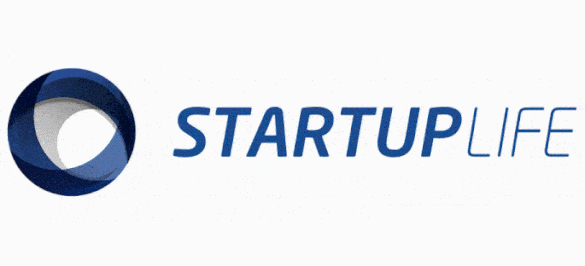By Lucas Euzébio and Layon Lopes*
Today we are going to deal with a little explored topic that is often a surprise to foreign companies looking to open a business in Brazil. We are talking about the UBO (Ultimate Beneficial Owner), a figure provided for in the legislation on financial crimes.
According to the legislation, the final beneficiary (UBO) must be an individual who controls or significantly influences the company, and some requirements are defined by the Brazilian Federal Reserve to define the degree of influence in the company. It is important to highlight that UBO is the one who directly or indirectly controls the company.
Brazilian legislation against crimes such as money laundering, bribery and corruption requires companies to understand exactly who they are doing business with (KYC) Know Your Client. Therefore, they must identify the final beneficiaries of any entity before closing a commercial contract, for example. Then the UBO figure appears.
There are several formalities that we will not be exposed here so as not to confuse the reading, but it is important to highlight that the Brazilian Federal Reserve Office determines a period of 90 (ninety days) to inform the final beneficiaries and which companies are obliged to make such a declaration, as foreign entities that have equity interests in Brazilian companies, companies that buy and sell foreign currency with banks in Brazil, among others.
It is not uncommon to see news about crimes and scandals about companies that do not have this compliance obligation observed, such as the Panama Papers in 2016 and situations in which legal structures are used to hide the identity of UBOs, which is one of the reasons companies seek Countries considered tax havens, which is not the case in Brazil, which has clear and well-defined legal provisions on the prevention of financial crimes.
In practice, identification can be difficult as each country has a different culture and jurisdictions and its own property registration methods, for example, but companies cannot disregard this obligation of compliance under Brazilian law, as, if not observed, it can generate penalties from regulatory agencies, the federal reserve itself and worse, permanent reputational damage to the company’s image.
In Brazil, as of October/2017, in addition to entities domiciled abroad, national entities also have an obligation to provide information on their final beneficiaries (UBO), through the “ digital collector l”. Also, it is important to highlight that there are cases in which the company does not need to declare who its UBO is, and it is important to have a specialized legal advisor in order to define the step by step of this declaration, as well as its need.
* Layon Lopes is the CEO of Silva | Lopes and Lucas Euzébio is a member of the Silva | Lopes team.











